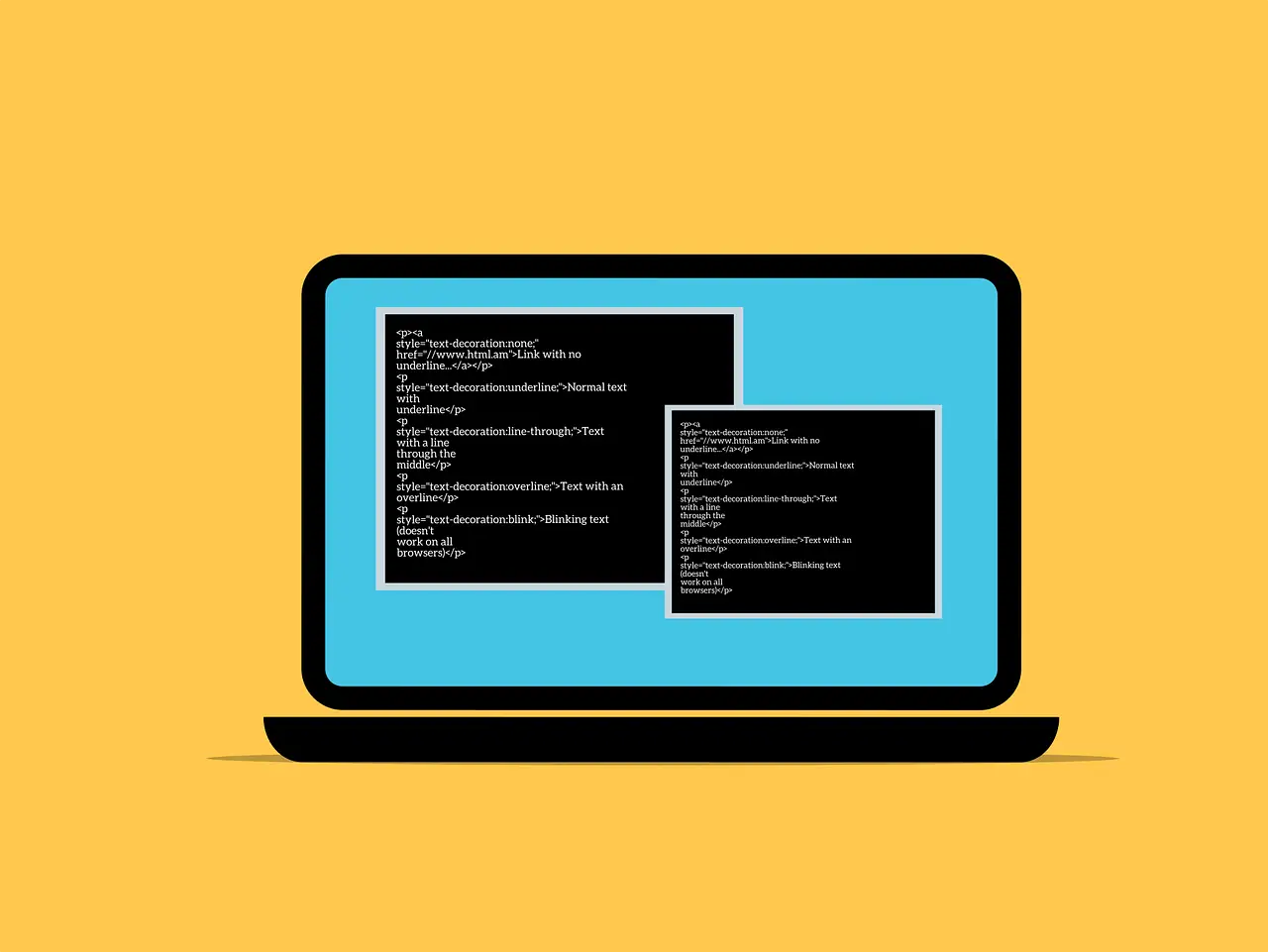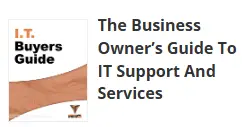Understanding Third-Party Cookies and Protecting Your Business
In the online world, cookies aren't sweet treats. "Third-party cookies" can be risky. These cookies store data on your device from a site you’re not directly visiting, tracking your activity across multiple websites.
What Are Third-Party Cookies?
Third-party cookies come from external sites providing content like ads. They track browsing activity, monitoring pages visited and items added to shopping carts—this is called cross-site tracking.
Security Risks of Third-Party Cookies
These cookies pose significant security risks:
- Browsing Data Theft: Hackers can steal browsing history, search queries, purchases, saved passwords, and even location data.
- Data Leakage: Some websites unintentionally leak data to malicious third-party services.
- Targeted Attacks: Leaked data enables personalized attacks, leading to financial loss or reputational damage.
Improving Your Security
Web browsers are now blocking third-party cookies, but some still allow them by default. Take these steps to protect your business:
- Check Browser Settings: Ensure third-party cookies are blocked in your browser settings.
- Limit Data Sharing: Be cautious with the personal and business data you share online.
- Use Trusted Services: Choose third-party providers with strong data protection policies.
- Educate Your Team: Train employees on cookie risks and best security practices.
Crumbling the Third-Party Cookie
Understanding third-party cookies is key to online security. While they may seem harmless, they expose sensitive data to cyber threats. Blocking them and managing data exposure strengthens protection.
When it comes to third-party cookies, it's better to be safe than sorry. Stay informed and secure your business.
Frequently Asked Questions: Understanding Third-Party Cookies and Protecting Your Business
What are third-party cookies?
Third-party cookies are data stored on your computer by a site different from the one you're browsing. They track activities across multiple websites.
How do third-party cookies work?
They enable cross-site tracking, monitoring pages visited, shopping cart activity, and online behavior.
What are the main security risks of third-party cookies?
- Browsing data theft
- Data leakage
- Targeted attacks
What kind of data can be stolen?
- Visited websites
- Search history
- Purchase information
- Saved passwords
- Location
How does data leakage occur?
It happens when websites use malicious third-party services that mishandle or expose data.
What are targeted attacks?
Cybercriminals use leaked browsing data to launch personalized attacks that can harm finances or business reputation.
Are browsers blocking third-party cookies?
Yes, many browsers are adding features to block them, but some still allow them by default.
How can I protect my business?
- Adjust browser settings to block third-party cookies
- Limit data sharing
- Use trusted third-party services
- Educate employees on cookie risks
Should I block all cookies?
No, first-party cookies are essential for site functionality. The focus is on third-party cookies.
Why should businesses understand third-party cookies?
Knowing their risks helps businesses secure data and prevent cyber threats.
Can third-party services be used safely?
Yes, but businesses should choose providers that prioritize data protection.



